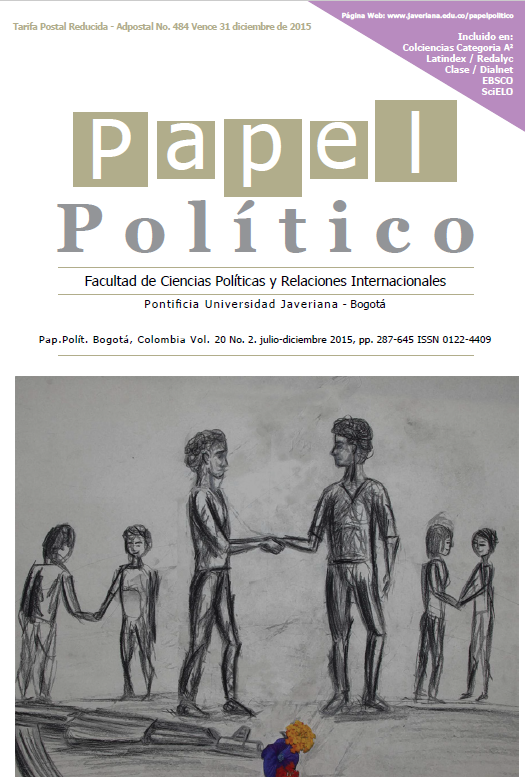Abstract
This article discusses the meaning of Brazil’s current regional projection, assessing in one hand the vision that the United States has about this issue and on the other hand the political implications of the recent political crisis in Paraguay. The text unfolds through three steps. At first we focus the context in which projects of regional integration in the Americas reemerge in the 1990s. Then we analyse statemants of the United States State Departament related to this matter. At last, we discuss the relations between the Brazilian State and Paraguay, focusing on the “brasiguaios” issue as a case study that illustrates the paradoxes faced by the Brazilian diplomacy in the region. My hypothesis is that as we approach both the way that Brazil’s regional projection is seen by the hegemonic power in the continent and the consequences of this movement in a country where Brazilian influence is historically sensitive, offers important evidence to evaluate the meaning of the ongoing regional integration process led by Brazil in the subcontinent, questioning the notion that this process contradicts United States’ interests and points to a new pattern of development.
This journal is registered under a Creative Commons Attribution 4.0 International Public License. Thus, this work may be reproduced, distributed, and publicly shared in digital format, as long as the names of the authors and Pontificia Universidad Javeriana are acknowledged. Others are allowed to quote, adapt, transform, auto-archive, republish, and create based on this material, for any purpose (even commercial ones), provided the authorship is duly acknowledged, a link to the original work is provided, and it is specified if changes have been made. Pontificia Universidad Javeriana does not hold the rights of published works and the authors are solely responsible for the contents of their works; they keep the moral, intellectual, privacy, and publicity rights.
Approving the intervention of the work (review, copy-editing, translation, layout) and the following outreach, are granted through an use license and not through an assignment of rights. This means the journal and Pontificia Universidad Javeriana cannot be held responsible for any ethical malpractice by the authors. As a consequence of the protection granted by the use license, the journal is not required to publish recantations or modify information already published, unless the errata stems from the editorial management process. Publishing contents in this journal does not generate royalties for contributors.


